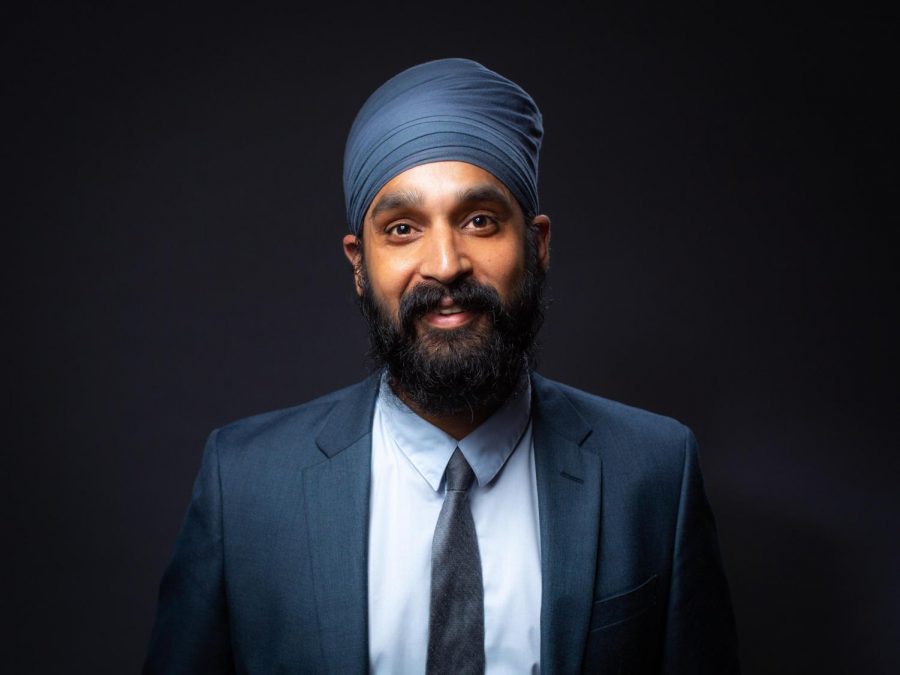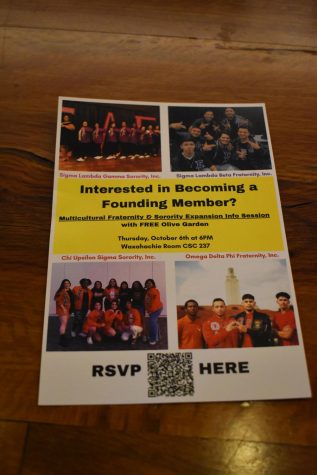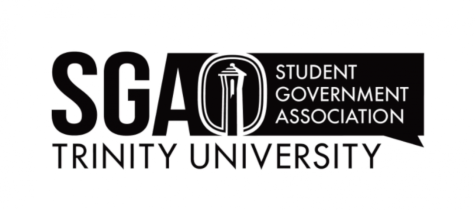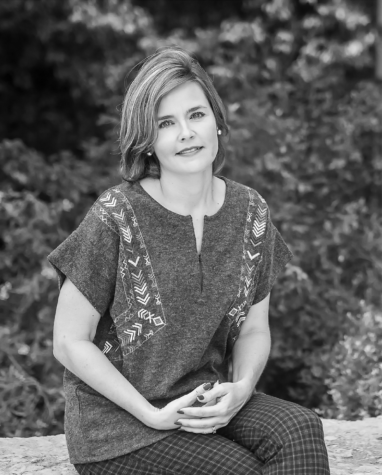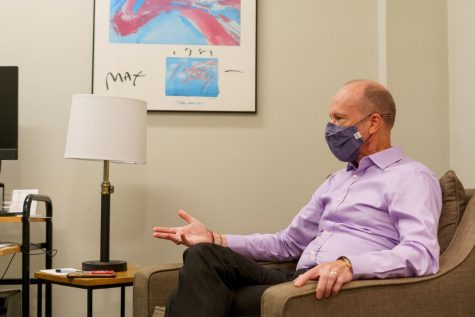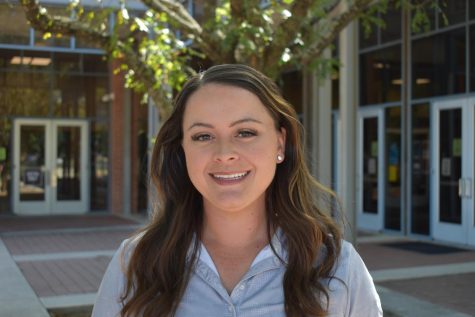Alumnus Simran Jeet Singh ‘06, Ph.D is taking Trinity’s legacy to new heights
Photo provided by Katie Storey.
Simran Jeet Singh, Ph.D, has attended and taught at Ivy League institutions since graduating from Trinity in 2006, and served as an assistant professor of religion at Trinity in 2016. “Trinity was the place where I came to feel I had a place in this world,” Singh said.
Simran Jeet Singh ‘06, Ph.D.’s track record includes executive director of the Inclusive America Project at the Aspen Institute, acclaimed author, and frequent contributor to TIME Magazine, CNN.com and the Washington Post. With a Twitter following of over 80,000 and participating in talk shows like “The Daily Show with Trevor Noah,” it’s not a stretch to call him an influencer of sorts. However, before Singh was named one of TIME Magazine’s sixteen people fighting for a more equal America, he was an undergraduate at Trinity, trying to find a place in this world.
Singh enrolled in Trinity as a freshman in 2002 and explained his experience as a self-described “turban-wearing, brown-skinned, beard-loving Sikh” growing up in San Antonio.
“It was right after 9/11 for me, so there were multiple encounters with racism and law enforcement and what my roommates did and what students at Trinity did and didn’t do,” he said. Singh shares more about these encounters in a post-9/11 America in his new book The Light We Give: The Power of Sikh Wisdom to Transform Your Life, which will be published summer of 2022, and hopes that fellow students will be able to find points of connection in it.
Despite these struggles, Singh was very active on campus, participating in the Trinity Multicultural Club (what is now Trinity’s Interfaith-focused Spiritual Life group), the Trinity Multicultural Network (now Trinity Diversity Connection) and spent what he considered “way too much time playing sports” at Trinity. Singh notably started an intramural basketball team called The Ninjas with his hall as a freshman that made history as the first team not affiliated with a Greek organization to win the men’s IM overall championship in 2005. He also was a reporter on the Trinitonian and even ran his own humor column called “Sim’s City,” accessible in the Trinity archives, that featured his playfully self-deprecating wit.
“I’ve studied and taught at other places, at Ivy League institutions, and I’ve come to really appreciate that Trinity students tend to have a really nice balance in terms of the seriousness with which they take their work, but also their ability to enjoy life,” Singh said.
Singh also explained how Trinity prepared him for life after graduation, receiving his BA in religion and religious studies.
“Trinity was the place where I came to feel I had a place in the world,” Singh said. “You know, I loved life, even before I joined Trinity, but I didn’t really feel like I had a purpose. I would just play soccer, watch basketball and hang out, and life was fun, but I didn’t see what my contribution to the world could be, if anything. I felt like I didn’t have much to offer. Learning through trial at Trinity gave me the opportunities to explore different ideas that went beyond what we had been exposed to in school previously and also gave me opportunities to try different kinds of things. I think I switched majors maybe seven times at Trinity. I was involved in a bunch of clubs. Like, I volunteered in things and had different jobs. All of it helped me figure out what it was I enjoyed, what I could be good at and what I wanted to make of myself. Really, I think the spirit of giving beyond yourself is something that has always been instilled in me, but there’s an ethos of that at Trinity that I really value. Learning what that could look like professionally is something that I started to understand while I was at Trinity.”
After leaving Trinity, Singh went on to earn three master’s degrees at Harvard and Columbia and his Ph.D. at Columbia. He also returned to Trinity in 2016 as an assistant professor in the Department of Religion.
“I was aware that I wouldn’t be the person I am today, personally or professionally, without my experiences at Trinity,” Singh said. “The opportunity to go back and provide that for other students who came from places like where I grew up and who had experiences I had when I grew up felt really special to me.”
Singh now lives in New York City with his wife and two daughters. At the Aspen Institute, he collaborates with thought leaders all around the world to help advance society.
“The best thing about the college experience is the opportunity to explore,” Singh said. “It takes courage to do that. Don’t be afraid to put yourself out there, try new things, see what you like. Don’t be afraid to fail. I definitely did at Trinity quite a bit. Give yourself a chance to learn and grow and push your limits, and I think the more you do that, the more you’ll gain out of that experience.”

